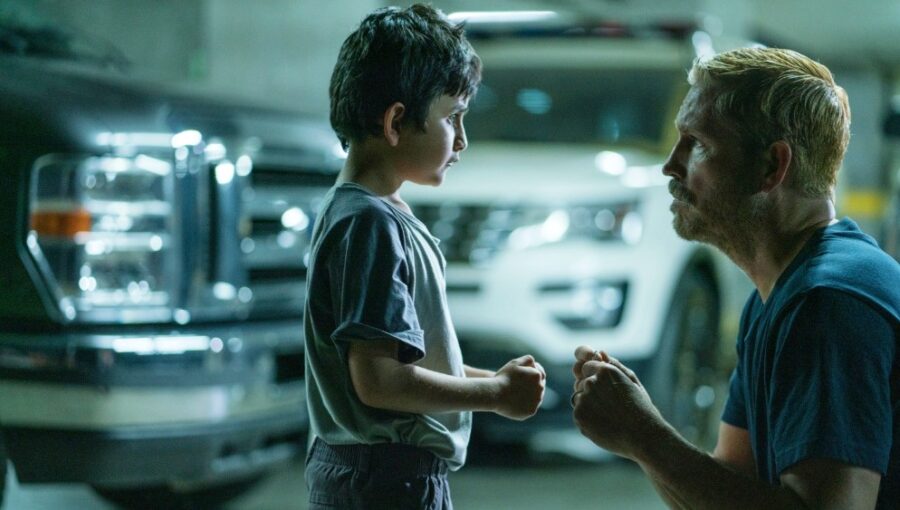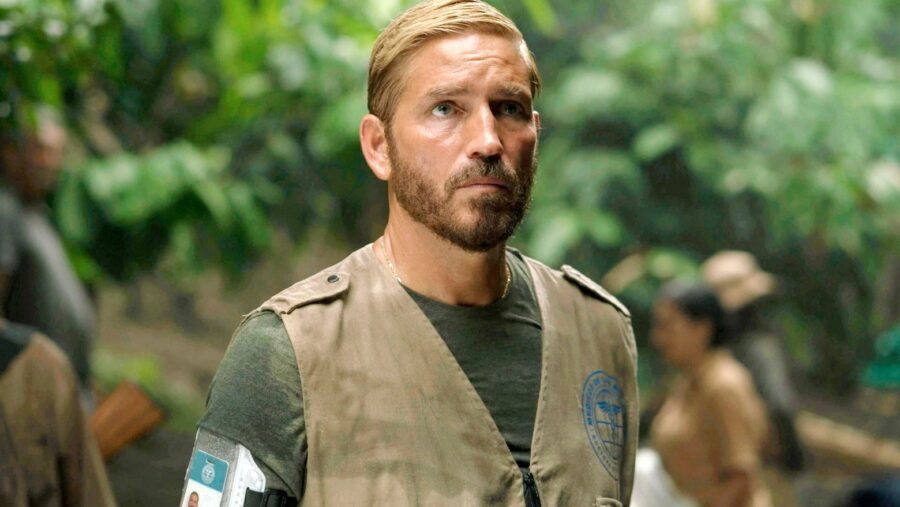Sound Of Freedom Criticized By Actual Anti-Trafficking Experts

Sound of Freedom rang into theaters on July 4 and immediately attracted hoards of viewers, anxious to see the new Jim Caviezel patriotic film. It’s brought in close to $50 million in the first 10 days since its release (making it an immediate success against its $14.5 million budget) and has also sparked a mix of reviews and controversies, including criticism from anti-child trafficking experts, according to Rolling Stone.
Anti-child trafficking experts argue that the film portrays a sensationalized and inaccurate perspective of child trafficking and adds to the dangerous spreading of misinformation.
Sound of Freedom revolves around a former Homeland Security agent’s mission to rescue children from a Colombian trafficking ring. Like Liam Neeson’s Taken, the film is well on its way to becoming a Hollywood blockbuster centered around child trafficking, which, according to actual anti-child trafficking experts, is not a good thing.
Erin Albright, an attorney and a former fellow for the Department of Justice’s anti-trafficking task force, expressed concern to Rolling Stone about the movie’s approach. She highlighted that Sound of Freedom presents a sensationalized perspective of child trafficking that fails to reflect its grim reality.
She emphasized that the majority of child trafficking victims are not abducted by strangers in parking lots or alleyways, as Sound of Freedom suggests, and as commonly portrayed in urban legends. Instead, many victims know and trust their traffickers. She stated that the majority of the cases involve either un-homed LGBTQ youth who are forced into the sex trade for survival or children of parents with drug additions who sell their children into trafficking.
Erin Albright, former fellow for the Department of Justice’s anti-trafficking task force, emphasized that the majority of child trafficking victims are not abducted by strangers in parking lots or alleyways, as Sound of Freedom suggests
Moreover, Sound of Freedom focuses on very young children and overlooks the fact that the majority of child trafficking victims are adolescents or teenagers. Teresa Huizar, CEO of the National Children’s Alliance, explained that many victims end up in trafficking situations due to poverty, political unrest, or family rejection based on their sexual orientation or gender identity.

Declining to portray this reality in the film can skew the public’s idea of what trafficking actually looks like. One of the concerns raised by anti-trafficking experts is that such sensationalized portrayals like Sound of Freedom can perpetuate false ideas about trafficking. This can have harmful consequences.
Without the proper education about what sex trafficking actually involves, the proper effective policies may not be passed. Or victims of trafficking may not realize what they are involved in because narratives, like in Sound of Freedom, haven’t portrayed an accurate portrayal of what really happens. The true experiences of trafficking survivors are often far more complex than what is depicted onscreen, requiring extensive support and assistance.
Sound of Freedom focuses on very young children and overlooks the fact that the majority of child trafficking victims are adolescents or teenagers.
Inaccurate portrayals can also affect legal proceedings. Jurors who have unrealistic expectations about trafficking, influenced by sensationalized movies like Sound of Freedom or Taken, may struggle to recognize cases of subtle coercion and fail to deliver convictions. This juror bias can have devastating consequences for survivors who have the courage to testify against their traffickers.
It is crucial to acknowledge that child trafficking is a real and grave issue. The concerns raised by anti-trafficking experts who have seen Sound of Freedom stem from a desire to address the problem accurately and effectively.
Rather than relying on sensationalized narratives, it is essential to understand the complexities of child trafficking, support legitimate organizations, and promote awareness based on reliable information.
If you are a victim or survivor of human trafficking, call local law enforcement or the National Human Trafficking Hotline at 888-373-7888 or text “HELP” or “INFO” to 233733.












